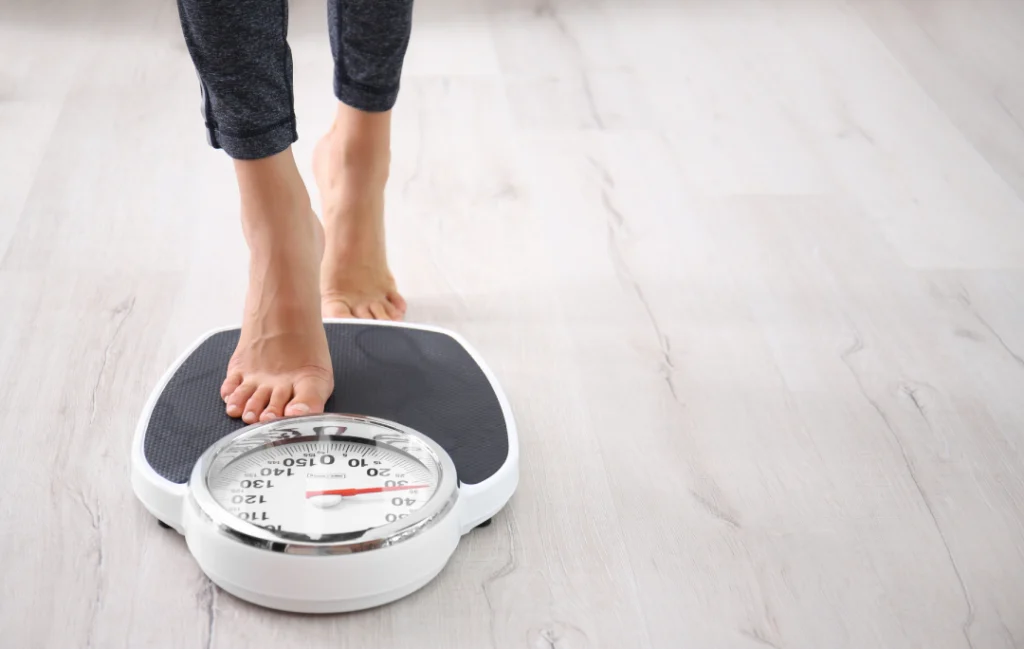When we think about wellness, we often imagine dramatic overhauls—strict meal plans, rigid workout routines, or giving up our favorite indulgences forever. But here’s something we don’t hear enough: lasting health isn’t built overnight—it’s built gradually, one small decision at a time.
This year’s World Health Day is a timely reminder of how accessible better health can be. Organized annually by the World Health Organization, this global campaign shines a spotlight on the state of health around the world, promoting health awareness, access to care, and preventive health measures for all.
In 2025, the theme of World Health Day centers around “My Health, My Right”, emphasizing that every person—regardless of background, income, or geography—deserves the right to quality healthcare, clean environments, nutritious food, and mental health support.
At its core, this global health movement asks a simple but powerful question: What would happen if we each committed to just a few small, sustainable changes?
If you’ve ever felt overwhelmed by the idea of “getting healthy,” keep reading—because today, we’re breaking it down. You’ll learn what World Health Day stands for, how it connects to your everyday wellness, and how the tiniest tweaks in your daily habits can ripple into major, long-lasting change.

What Is World Health Day, Really?
Before we dive into action steps, it’s worth understanding why World Health Day matters so much—not just globally but personally.
Launched in 1948, the day commemorates the founding of the World Health Organization (WHO) and aims to raise awareness about key health issues impacting communities across the globe. Each year, the campaign highlights a specific theme, with past years focusing on universal health coverage, mental health awareness, climate change, and disease prevention.
This isn’t just a day for policymakers and professionals—it’s a call to all of us to rethink our relationship with health, advocate for better systems, and reflect on the steps we can take right now to improve our own well-being.
World Health Day reminds us that health isn’t a luxury. It’s a human right. And it begins with each of us—at home, in our routines, in our choices.
Small Steps, Big Shifts: Habits That Change Everything
When we talk about improving public health or achieving global wellness goals, it can feel… out of reach. But change doesn’t need to be massive to be meaningful.
Here are the everyday habits and small lifestyle tweaks that can genuinely transform your health—and even extend your life:
1. Hydrate Like You Mean It
It’s simple, but it’s foundational. Water fuels every system in your body, from brain function to digestion to joint health. Yet, so many people go through their day in a state of mild dehydration.
- Start with a glass of water in the morning.
- Keep a reusable water bottle within reach.
- Replace one soda, sugary tea, or coffee with water each day.
That’s it. Over time, your energy, skin, and digestion will all thank you. And it’s one of the easiest, cheapest ways to participate in health promotion at the individual level.
2. Walk More, Even Just a Little
You don’t need a gym membership or a Peloton to get moving. Regular walking is linked to better heart health, stronger immunity, and lower rates of anxiety and depression.
- Park a little farther from the store entrance.
- Take a walking meeting instead of a seated one.
- Walk around the block after dinner to aid digestion and support mental health awareness through light movement.
Physical activity doesn’t need to be intense to be impactful—it just needs to be consistent.
3. Schedule Your Annual Wellness Visit
Preventive care is the foundation of disease prevention. A yearly check-up with a primary care provider can help detect issues early and give you peace of mind.
- Discuss your lifestyle, medications, and family history.
- Get screenings appropriate for your age and gender.
- Ask about blood pressure, cholesterol, glucose levels, and any routine vaccines you may need.
Healthcare doesn’t begin when you’re sick—it begins with proactive monitoring. And establishing care with a provider you trust is one of the most empowering steps you can take.
4. Prioritize Mental Health, Not Just Physical Health
Mental health is health, period. Stress, anxiety, and burnout can all manifest as physical symptoms—and they can affect your sleep, your immune function, and even your relationships.
You don’t need to wait until things fall apart to seek support. Start by:
- Talking to someone—whether it’s a friend, therapist, or counselor.
- Journaling for five minutes each morning to check in with yourself.
- Taking breaks from social media when it starts to feel overwhelming.
Mental health awareness is a core part of global health, and you have every right to tend to your emotional well-being just as you would a cold or sprained ankle.
5. Eat with Intention, Not Perfection
You don’t need a restrictive diet to eat healthier. You just need awareness—and small, intentional choices that stack up over time.
- Add a vegetable to one more meal per day.
- Choose whole grains over refined ones when you can.
- Focus on what you can include, not what you have to eliminate.
Improving public health starts with making better food more accessible, and at the personal level, it’s about making thoughtful food decisions that serve your body.
6. Sleep Is a Superpower—Use It
Sleep affects everything from your metabolism to your memory. And yet, many of us treat it like a luxury instead of the biological necessity it is.
- Try to go to bed at the same time every night, even on weekends.
- Wind down with calming rituals instead of screens.
- Avoid heavy meals or caffeine late in the day.
When you sleep better, you function better. And the best part? It’s free.
7. Stay Connected to Your Community
Health isn’t just about individual behaviors—it’s deeply social. Isolation can be as harmful to your health as smoking or poor diet.
- Make time to see friends or loved ones.
- Join a walking group, fitness class, or volunteer initiative.
- Check in on people who may be struggling and ask for help when you need it, too.
As we honor World Health Day, let’s remember that universal health coverage includes not just healthcare access to services but supportive environments where health can flourish.
8. Know Your Numbers—And Track Them Over Time
One of the most powerful health habits? Knowing your baseline. When you regularly track a few simple health indicators, you give yourself the knowledge to act early rather than react late.
- Keep tabs on your blood pressure, heart rate, and weight using at-home tools or through your primary care provider.
- Review cholesterol, glucose levels, and other lab work at your annual wellness visits.
- Use a simple journal or health app to record patterns in your energy, mood, sleep, or symptoms.
By checking in consistently, you’re more likely to catch shifts that may signal something deeper. Whether it’s a trend toward higher blood pressure or persistent fatigue, what gets tracked gets attention—and what gets attention gets better.
Tracking your health doesn’t require perfection. Just awareness. And that awareness can lead to early intervention, better outcomes, and a stronger sense of ownership over your wellness journey.

World Health Day Starts With You—And So Can Better Health
Big movements start with small steps. World Health Day might be a global campaign, but its real power lies in how it inspires personal transformation. The truth is, you don’t need to do it all. You just need to start.
At Mason Park Medical Clinic in Katy, TX, we’re passionate about helping individuals and families take those first steps—whether that’s establishing primary care, creating a preventive care plan, or supporting chronic conditions with compassion and expertise.
Your health journey doesn’t have to be complicated. It just has to begin. Let this year’s World Health Day be more than a headline—let it be your turning point.




